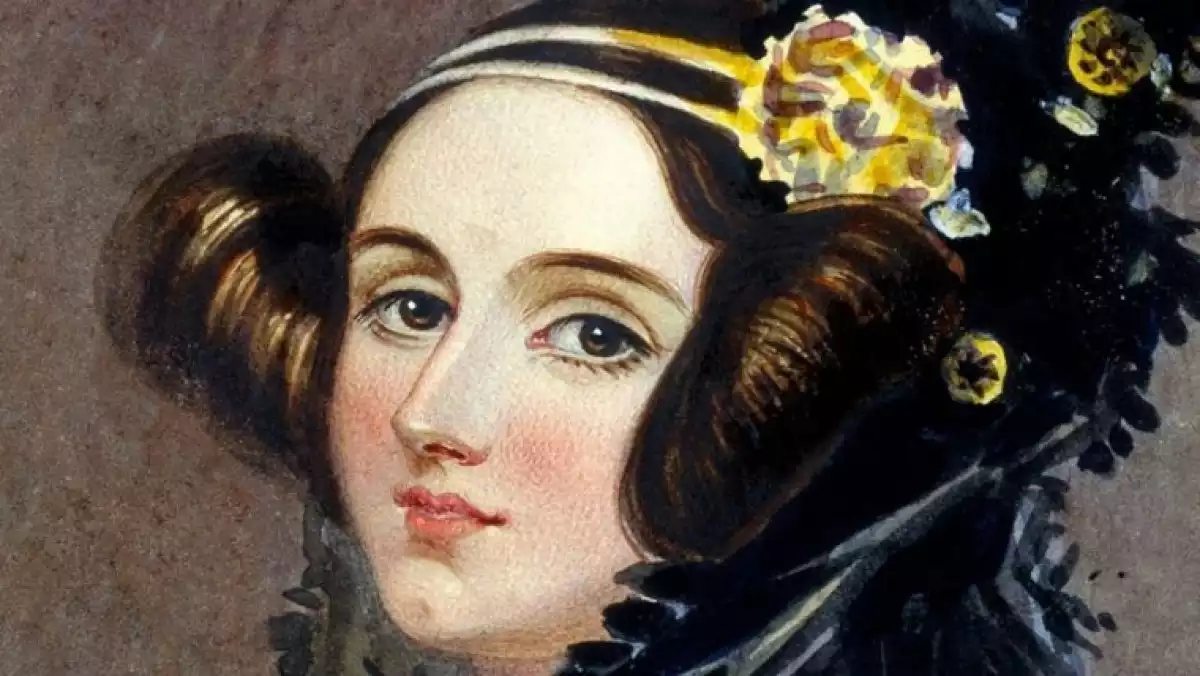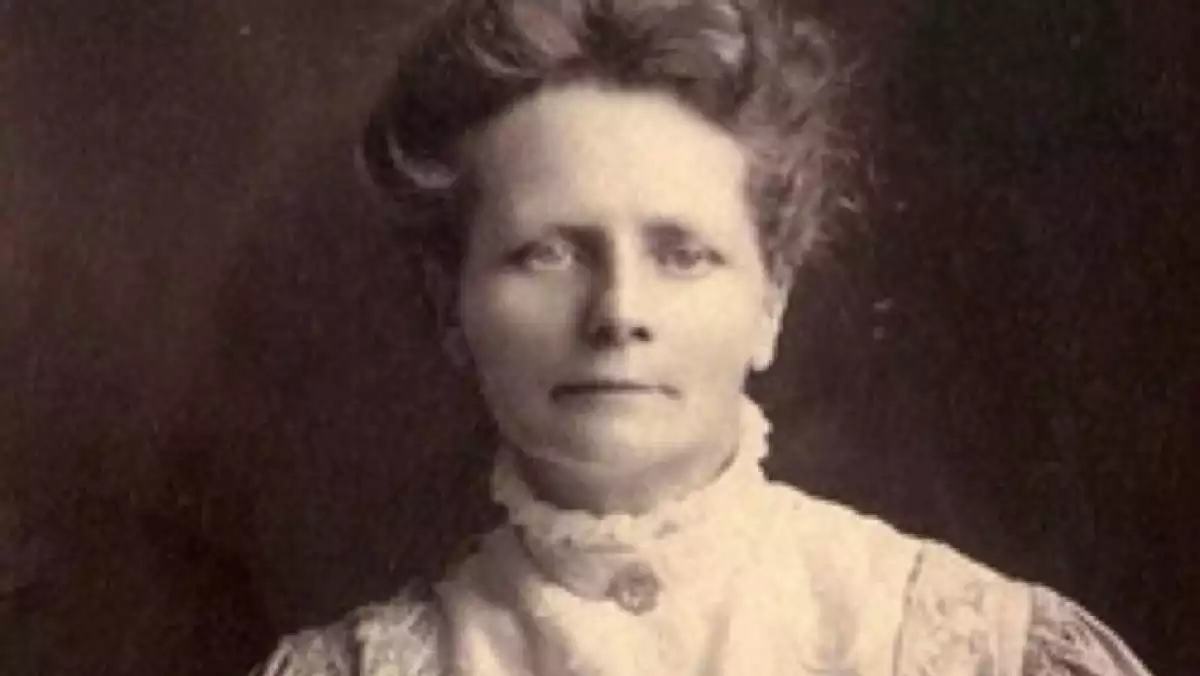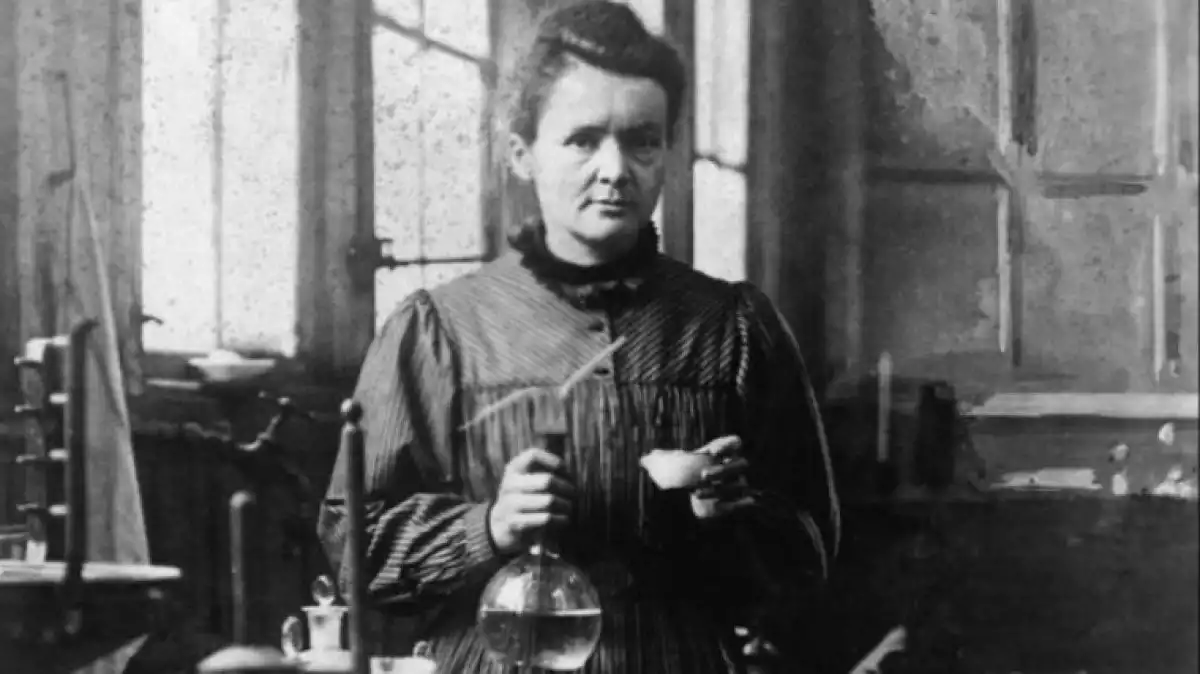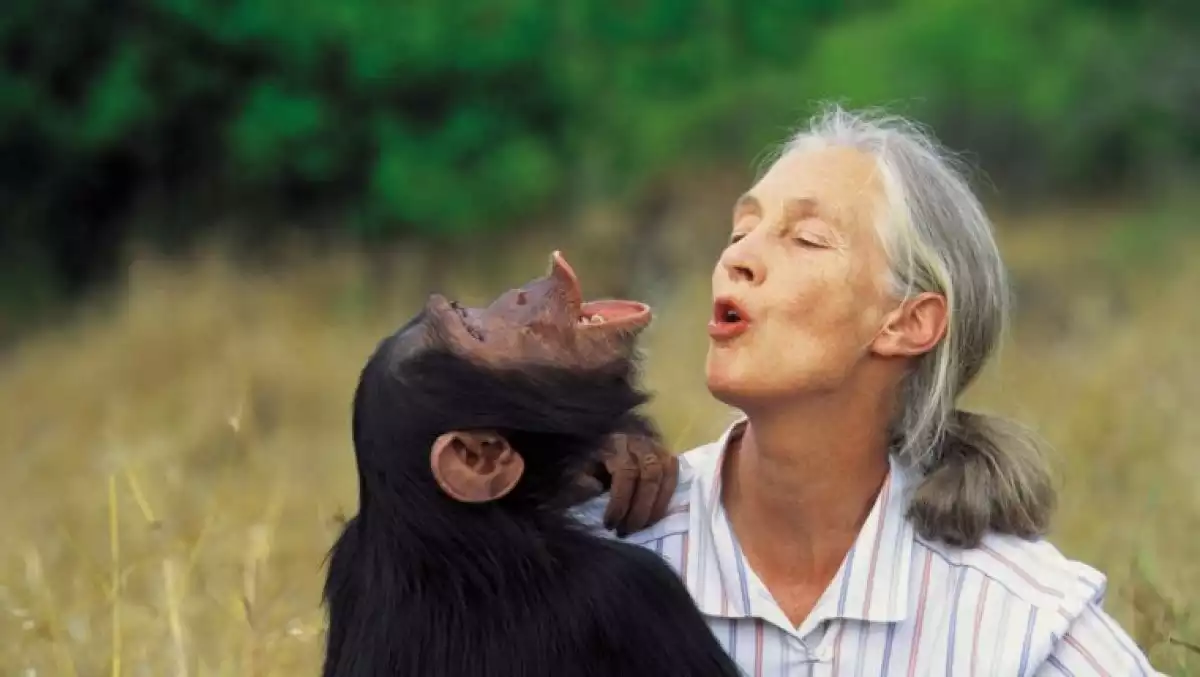
Female scientists have always been both genius and heroines, not only because of their landmarks in history but also for having dealt with all sorts of difficulties in a world reserved for men.
Due to their determination, these women bequeathed discoveries and contributions to human history, which have contributed to progress in various fields.
Science and important women in history
The tragedy of Hypatia of Alexandria, philosopher, mathematician, and astronomer, who was murdered by a Christian mob in Ancient Greece and whose story was brought to the big screen by Alejandro Amenábar (Agora, 2009), reveals the courage that many women throughout history have had to add to their genius and talent.
The world of science, as a superior kingdom of Reason, has historically been reserved for men. For many centuries, the conception of physical and intellectual superiority of men has prevented women to access research.
However, an important bunch of heroines has revealed themselves against their destiny.
In ancient civilizations, they took advantage of the opening up of certain sciences to women for their study, as shown by the fact that Hypatia herself became a point of reference and a teacher in her society. But the medieval obscurantism stopped them. They recovered little by little with the scientific revolution and the advance of the natural sciences.
The access of women to science has been unequal during the last centuries, but it increased until 1903, when Marie Curie became the first woman in winning a Nobel Prize, and fortunately, the feminine presence in the scientific field has been normalized. Its final success, however, corresponds to many fighters and pioneers.
10 famous female scientists
Did you know that we owe the first treatises on women's medicine, the first antidote against leprosy, the first steps of computer programming, and the pioneering discoveries in radioactivity and DNA to female scientists?
These are some names of important women in history that have helped in the progress and that, however, have been eclipsed by men such as Copernicus, Pasteur, or Marconi.
1. Hypatia of Alexandria
Hypatia of Alexandria represents better than anyone the self-sacrifice for science (devoted herself to research leading an ascetic life) and the success of women in thought (she became a teacher and an intellectual reference in her society).
She was born in Alexandria in the IV century and cultivated exact science in many fields such as astrology, geometry, and algebra, apart from contributing to the development of Neoplatonic philosophy. It's the first female scientist to be recorded through historical documents, that is, she was a pioneer of her time.
What do we owe Hypatia? Among other things, the invention of the hydrometer (instrument to measure liquid density) and the perfecting of the astrolabe (instrument to see the position of the stars in the terrestrial vault). Her murder made her a martyr of science.
2. Trota of Salerno
Although in the Middle Ages the development of the science was limited and the access of women to knowledge was reduced to the convents, the name of a woman breaks the patterns: Trota of Salerno. She was a pioneer in the beginnings of gynecology and obstetrics.
She lived in the XII century and she was a student in the School of Salerno, which, representing an exception in her time, allowed access to women and marked the transition from Christian medicine to secular medicine. In this context, Trota stood out as a pioneer on the scientific basis of women's health.
At that time, gynecology was a little-developed field and the discoveries of this woman, which are found in many treatises, continued to be valid for centuries as a base for discipline. Among her contributions, the following stand out: the improvement of the prevention of infections and the reduction of pain in labor.
3. María Winkelmann
Maria Winkelmann was born in Leipzig in 1670, and in 1702 she became the first woman that discovered a comet. During this period, together with her husband Gottfried Kirch, they developed many advances in astronomical computation that placed their institution, the Berlin Academy of Sciences, at the forefront of the scientific outlook of the moment.
This woman proved a praiseworthy effort in her true passion: astronomy, because even though she was able to be educated as a man due to her dad's education, and even though she proved a natural talent for science, Maria Winkelmann was always in the shadow of her husband and received a rejection from the academy.

Every night, this astronomer looked at the stars to make new contributions in the discipline. However, when she applied for a position in the academy, it was denied because she did not have university studies (which were forbidden for women).
4. Mary Anning
The youth of this woman condemned to live in the anonymity of a poor family in a small coastal village on the English coast was the premonitory learning to become a renowned paleontologist in the world scientific outlook.
When she was a child, Mary Anning (born in 1799) went down the sharp cliffs to get fossils that her father then sold to tourists. Her talent made her delve into in the paleontology world until she became the discoverer of the first ichthyosaur and plesiosaur skeletons.
Moreover, Mary Anning made rich contributions to research on prehistory and extinctions and discovered that coprolites were actually dinosaur feces. However, she wasn't allowed to publish it because she was a woman, and many male researchers took ownership of her discoveries.
5. Ada Lovelace
Augusta Ada King, Countess of Lovelace and daughter of another great scientist, Anne Isabella Noel, and the poet Lord Byron, occupies a central place in the history of science after being considered, in the XIX century, the first computer programmer.
With a solid academic formation in the field of exact science, this woman formed an exceptional tandem with Charles Babbage, creator of the analytical machine that is considered the precedent of the modern computer.
Together with him, the Countess of Lovelace developed a complex study about computing in which there is the first algorithm destined to be processed by a machine: this is why she is considered the first programmer. Moreover, her merit lies in being the first to predict the potential of computers beyond numerical calculation.
6. Alice Ball
Until the appearance of antibiotics in 1940, the only cure against a disease such as leprosy was an injection of an oil derivative that Alice Ball, a female scientist, had invented. Born in Seattle in 1892, this chemist broke patterns by being the first Afro-American woman who graduated at university, even getting to a postgraduate degree.
A woman of admirable impetus and courage, Alice Ball understood science as a mean to improve the lives of others. In her time, leprosy was one of the most contagious diseases and it spread like a plague causing a public health problem that had no solution but isolation.
This is the reason why she focused all her efforts in the solution of this disease, and because of her talent, she developed, at the age of 23, a remedy based on injectable oil. She died a year later for unknown reasons, and her contribution has only been acknowledged 90 years later.
7. Marie Curie
Marie Curie represents the success of women in thought: first woman to win the Nobel Prize and to be a teacher at the University of Paris, and the first person to win two Nobel Prizes. Her overwhelming talent surpassed the limits of her time.
She was formed between Varsovia and Paris. In 1903 she won the Nobel Prize in Physics for her innovations in the radiation field and in 1911 the Nobel Prize in Chemistry for her discovery in the chemical elements of radio and polonium (the latter was given the name of her country of origin). These were just some of her many scientific contributions.

However, throughout her life, she had to fight the stigma of being a scientific pioneer, as shown in the media and popular campaign against her person after sentimentally linking her to a married scientist. A mob raged at the doors of her house as newspapers called her a "foreign Jewish home wrecker."
After some time her talent was imposed, and in 1995 she was buried in the Paris pantheon as one of the famous women in history.
8. Rosalind Franklin
Although she never won the Nobel Prize, Rosalind Franklin was acknowledged later as one of the leading figures of science from the XX century due to her contributions in the genetic field. She died from ovarian cancer when she was only 37 years old.
The knowledge of the double helix of spiral DNA is due to the notes made for years by this scientist born in 1920 in the United States. She had managed to take images of DNA by diffraction in X rays that induced to think about the helical structure of the same one.
Over the years, the names of Watson, Wilkins, and Crick (all men, of course) would be recognized in DNA decoding, leaving Rosalind Franklin's name in the shade. She was acknowledged much later, along with her incredible contributions on the viruses' molecular structure.
9. Jane Goodall
Jane Goodall helped a lot to normalize the presence of the woman in science, for her image as an ethologist and anthropologist took on great dimension as a United Nations Messenger of Peace. One of the famous female scientists and acknowledged around the whole world.

Many people relate her to primates because she was a pioneer in the study of the interaction of the wild chimpanzees. Due to her observation of the life of these primates in the Gombe Stream National Park, in Tanzania, she revealed a ground-breaking idea: that contrary to what was thought, these had a unique and individual behavior.
This is the reason why Goodall was an innovator in giving primates rational thinking and personal emotions, qualities that until then had been attributed only to humans. She is also a well-known animal rights activist.
10. Margarita Salas
At the age of 16 this female scientist born in 1938 went to Madrid to study Chemistry and Medicine, and at the age of 20, she met the person who influenced her whole career: Severo Ochoa. From here she oriented her life to researching in the field of biochemistry.
In 1964, Margarita Salas started a period of close collaboration with the doctor Severo Ochoa at the Scientific Department of the New York Medical College. Among her contributions the determination of the reading of genetic material stands out and other findings in the use of DNA for biochemistry.
Although she belongs to a generation in which it was not common for a woman to dedicate herself to scientific research, Margarita Salas accumulates eight patents, more than 350 publications in scientific journals, membership in the most relevant scientific bodies and the obtaining of important prizes such as the National Research Award.

